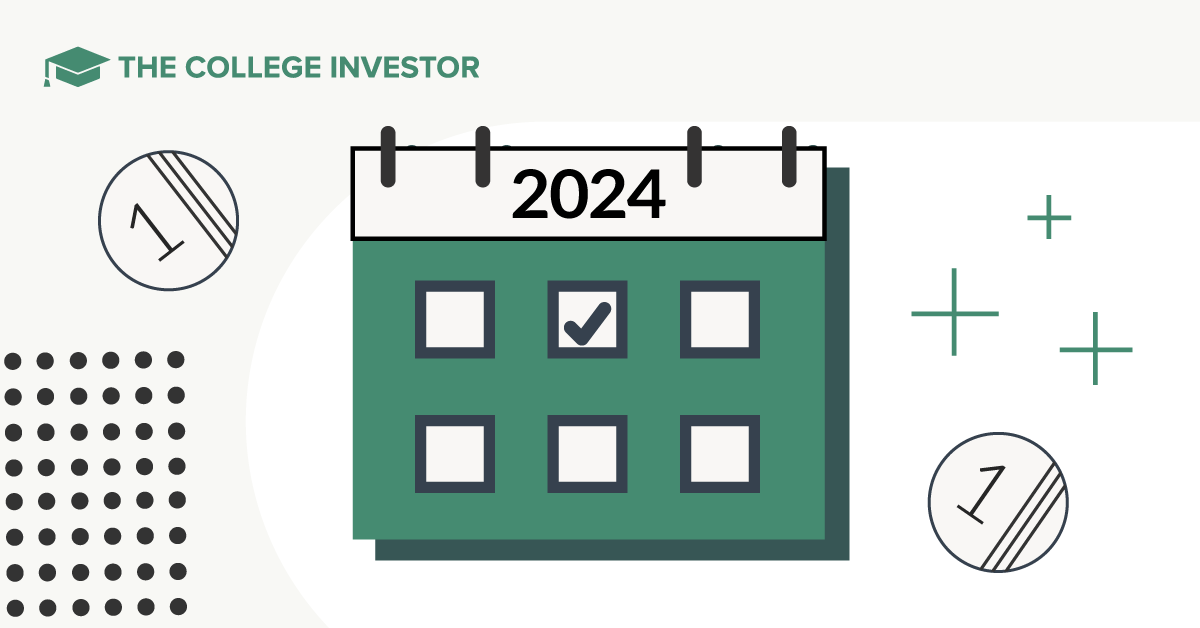Delinquency
Definition
Delinquency refers to the failure to make timely payments on a debt, such as student loans. It represents the initial phase of default, signaling potential financial distress.
Detailed Explanation
Delinquency occurs when borrowers fail to meet their scheduled loan payments by the due date. The delinquency period begins the day after a missed payment and continues until the borrower resumes payments or makes arrangements to adjust the repayment terms.
Financial institutions typically report delinquency to credit bureaus once a payment is 30 days late, which can adversely affect the borrower's credit score and future borrowing capabilities.
The implications of delinquency extend beyond mere late fees and penalties. It can lead to default if unresolved, resulting in more severe consequences such as wage garnishment, withholding of tax refunds, and legal action. The transition from delinquency to default varies depending on the loan type, with federal student loans typically entering default after 270 days of non-payment.
Efforts to address loan delinquency often involve communication with the lender to explore options like loan deferment, forbearance, or restructuring the repayment plan. These measures can provide temporary relief or more manageable payment terms, helping borrowers to avoid the long-term repercussions of default.
Example
Thomas fails to make their student loan payment by the due date enters a period of delinquency. If Thomas does not take action to resolve the missed payment, such as contacting the lender to arrange a new repayment plan, the loan may eventually go into default, compounding their financial challenges.
Key Articles Related To Delinquency
Related Terms
Default: The failure to fulfill a financial obligation, especially the failure to pay back a loan or meet interest payments..
Credit Score: A numerical expression representing an individual's creditworthiness, based on an analysis of their credit files.
Forbearance: A temporary postponement of loan payments, often used in times of financial hardship.
Frequently Asked Questions
How does delinquency affect my credit score?
Delinquency can significantly lower your credit score, especially if the late payments are reported to credit bureaus, making future borrowing more difficult and expensive.
What should I do if I'm at risk of delinquency on my student loans?
Contact your loan servicer as soon as possible to discuss available options, such as adjusting your repayment plan or applying for forbearance or deferment.
Can delinquency on student loans be resolved?
Yes, delinquency can be resolved by catching up on missed payments, renegotiating the loan terms, or possibly consolidating multiple loans into a single payment.
What is the difference between delinquency and default on student loans?
Delinquency is the initial stage of missed payments, while default is a more severe status that occurs after a prolonged period of non-payment, leading to more serious legal and financial consequences.
Editor: Ashley Barnett
